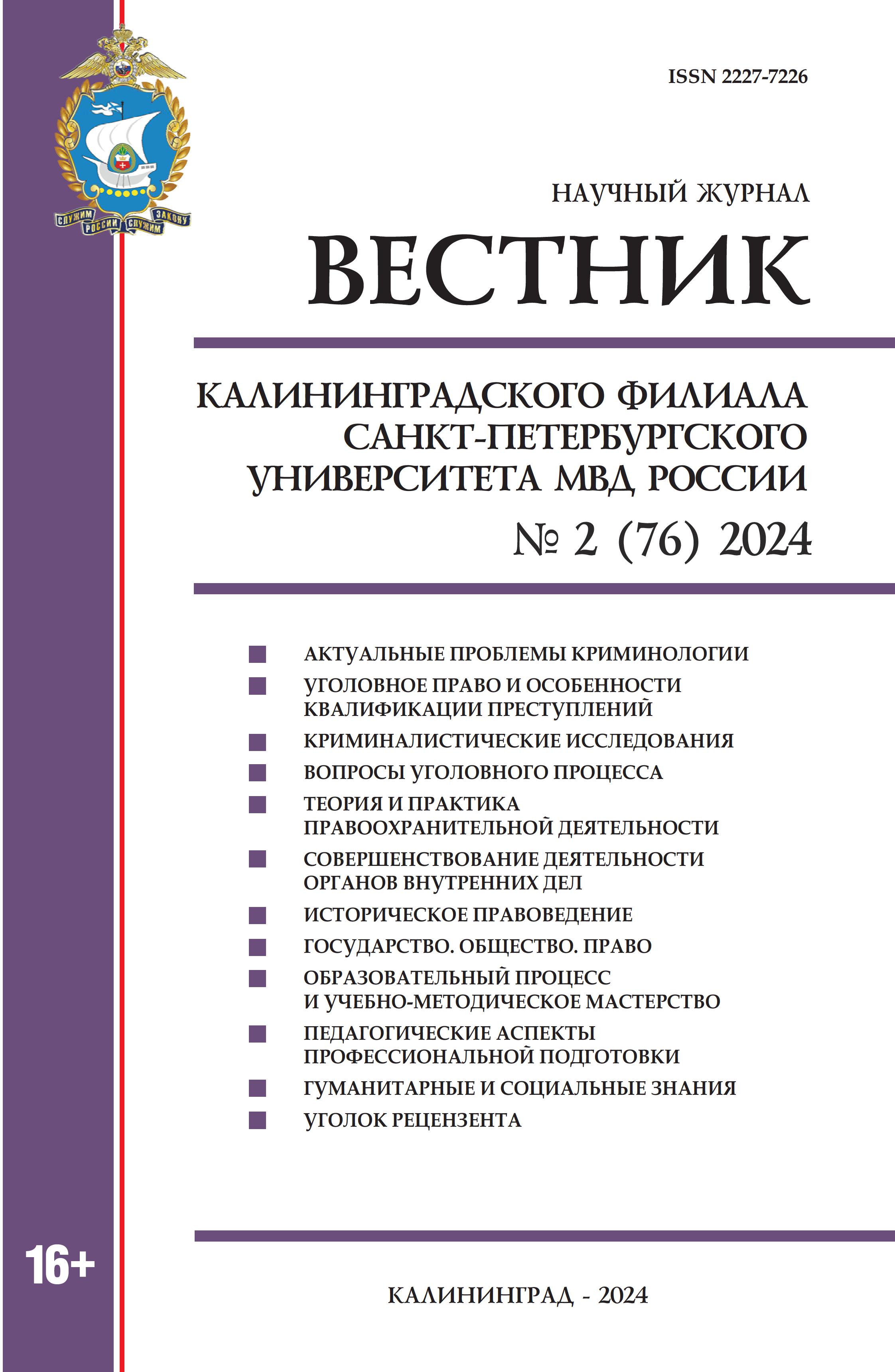from 01.01.2024 to 01.01.2025
Russian Federation
Introduction. The topic of the article is relevant in the context of searching and using the most effective mechanisms and means of maintaining and improving the current law. The importance of the research conducted by the author of the article is determined by the fact that private and public interests are often closely intertwined. The article examines and compares manifestations of trust in public and private law, and analyzes their relationships. Methods. When preparing materials for the article, comparative legal, formal logical, and systematic research methods were used. Results. The author comes to the conclusion that, both within the framework of public law and private law interaction, the formation of trust is an intermediate goal, the achievement of which allows for constructive interaction in the legal field. The creation of the necessary socio-economic conditions, coupled with the need for cooperation between legal entities, determines the phenomenon of trust and the formation of trusting relationships. It is emphasized that in the field of public law, trust in law depends on trust in government entities. Lack of trust does not mean the law is ineffective. In such a situation, effectiveness can be achieved through the implementation of coercive measures. But the use of such measures results in many cases in a decrease in the level of recognition of law by society. The importance of trust for the effectiveness of private law is higher than for the effectiveness of public law due to the equality of subjects of interaction and greater freedom of participants in legal relations.
Trust, private law, public law, comparative characteristics, subject of law, power, power subject, authority.







